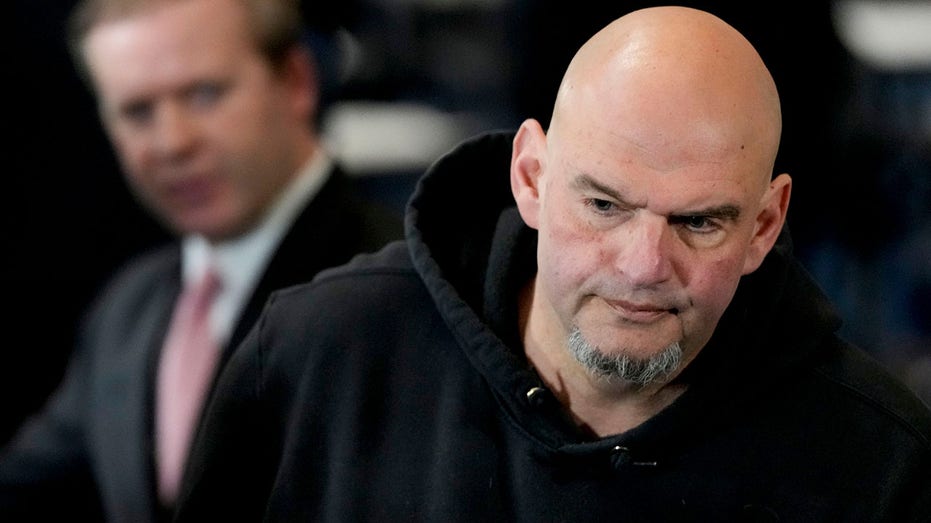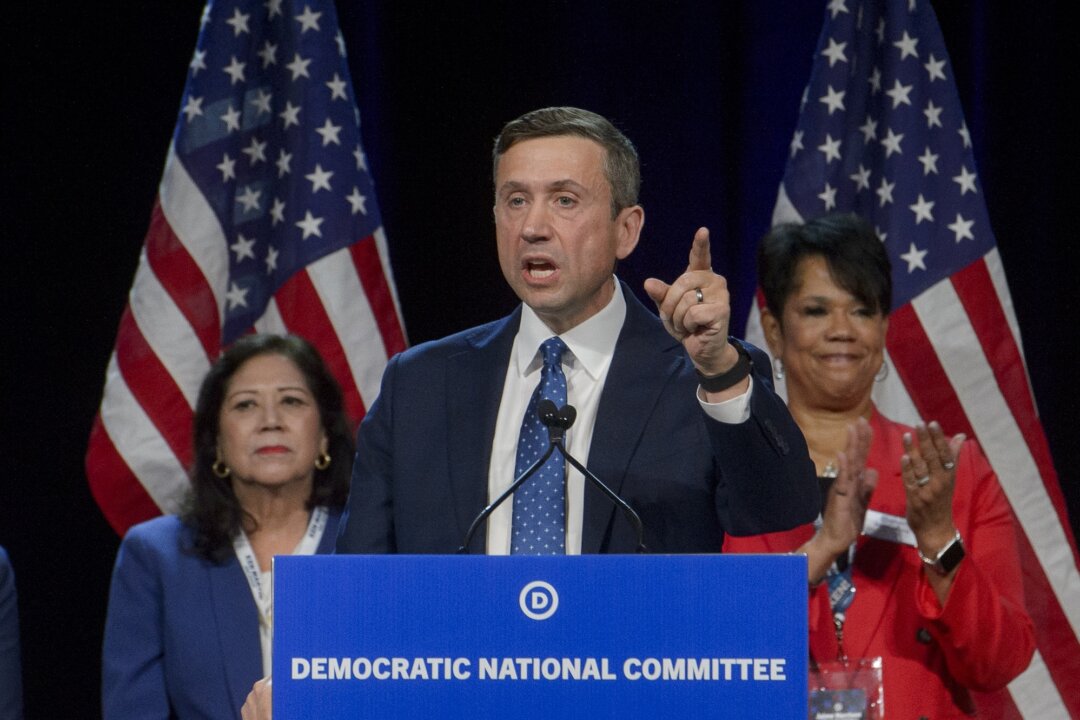

Syrians across Europe rejoiced at the news of Bashar al-Assad’s overthrow in December. Crowds filled the streets of Paris, celebrating the downfall of a dictator who ruled Syria with an iron fist and killed thousands of opponents. In Germany, migrants — many with faces painted in their host country’s colors — sang in support of Hayat Tahrir al-Sham, the Islamist rebels who ended the Assad family’s five-decade rule. Car horns in Berlin, home to Europe’s largest Syrian diaspora, drowned out chants of “free at last.”
In Damascus, a similar scene unfolded. Residents tied a fallen statue of former President Hafez al-Assad to a truck and dragged it through the streets. Yet this collective euphoria remains an illusion. Behind carefully crafted media spectacles of controlled spontaneity, thousands of Syrian Christians live in fear, weighing whether to flee the country to save their lives.
The fall of Bashar al-Assad marks the end of a brutal era. But the jihadist rebels who toppled him warrant extreme caution.
Syria has one of the world’s oldest Christian communities, dating to the first century. According to tradition, the apostle Paul converted on the road to Damascus, and Christians in the remote mountain village of Ma’lula still speak Aramaic, the language of Jesus. Before the Muslim conquest of the Levant and the establishment of Islam in the seventh century, Christians made up roughly 80% of Syria’s population.
Determining the exact number of Christians in Syria is difficult. The country has not conducted a census in more than 60 years. Before the civil war, estimates suggested Christians made up about 10% of Syria’s 22 million people. That number has dropped significantly due to Islamic terrorism, violence, persecution, and forced expulsions. Only a few hundred thousand Christians are believed to remain.
Since taking control on Dec. 8, Hayat Tahrir al-Sham spokesmen have claimed they will protect Syria’s ethnic and religious minorities. Their statement came just weeks before Christmas, the most significant holiday in the Christian calendar. On Christmas Eve, footage posted to social media showed masked individuals setting fire to a large Christmas tree in the main square of Suqaylabiyah, a Christian-majority town in central Syria.
When Syria's civil war began, Christians were not initially targeted. In April 2013, however, armed militants kidnapped and murdered two prominent Christian leaders — Bishop Yohanna Ibrahim of the Syrian Orthodox Church and Bishop Boulos Yaziji of the Greek Orthodox Church. While the exact motives remain unknown, reports suggest the al-Nusra Front was responsible.
The fall of Bashar al-Assad marks the end of a brutal era. The “Butcher of Damascus” ruled with bloodshed, and few will mourn his downfall. But the jihadist rebels who toppled him warrant extreme caution.
Hayat Tahrir al-Sham’s current leader, Abu Muhammad al-Julani, previously served as an emir of the al-Nusra Front, al-Qaeda’s Syrian affiliate. The group openly declared its goal of transforming Syria into an Islamic state governed by Sharia law. When Islamist forces take control of a region, Christians typically face three choices: convert to Islam, accept dhimmitude — a subordinate status that, if violated, can result in death — or face execution. In some cases, rulers allow exile as an alternative.
In 2013, the U.S. State Department designated Julani as a “specially designated global terrorist” with a $10 million reward for information leading to his capture. Nevertheless, Western foreign policy often operates under the principle that “the enemy of my enemy is my friend.” Many Western elites, eager to celebrate Bashar al-Assad’s downfall, have tacitly approved of HTS. Former British intelligence chief Sir John Sawers even referred to HTS as “a liberation movement.”
Since seizing power, Julani has undergone a media rebrand. Now known as Ahmed al-Sharaa, he appears in blazers instead of combat fatigues. CNN and other outlets present him as a transformed figure, as if trading a militant’s uniform for a suit instantly converts a radical Islamic terrorist into a peaceful revolutionary. The BBC refers to this shift as “moderate jihad.” As long as HTS pledges to form an “inclusive” government, the United Nations is considering removing it from its list of banned terrorist organizations.
This narrative is absurd. Julani is nothing if not a media-savvy jihadist. His past is well documented — he was a member of al-Qaeda and ISIS, mentored by Abu Bakr al-Baghdadi, the former leader of ISIS. He founded the al-Nusra Front, pledged allegiance to al-Qaeda, swore an oath to Osama bin Laden, and was radicalized by the events of 9/11.
Yet his makeover appears to be working. Western leaders and media figures suggest that swapping battlefield fatigues for tailored suits and parroting liberal talking points absolve him of his past. By courting sympathetic Western governments, HTS aims to gain ideological influence and establish itself as a legitimate force in Syria’s political landscape.
When al-Julani promises to protect the “rights” of minorities based on law, he is referring to the “rights” granted to dhimmis under Sharia law. This is what happened in 2015 when ISIS forced Syrian Christians to convert to Islam or sign a dhimmi contract.
Under HTS, Syrian Christians face a bleak future.
.png)
 2 hours ago
3
2 hours ago
3












 English (US)
English (US)